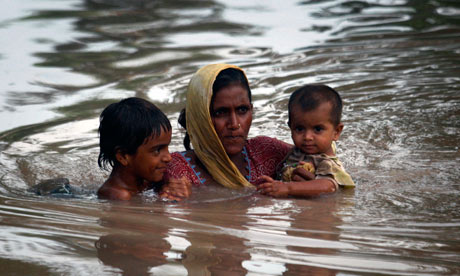In my blog I sought to in some way enlighten any readers I could on issues pertaining to sustainability. This mostly included areas such as renewable energy sources, plans for the reduction in greenhouse gasses, and other general topics concerning sustainability. However, I cannot pretend that my goals of informing others did not have some residual benefits for my own education. In fact, I learned much in my journey through various articles, periodicals, and sustainable endeavors.
I sincerely hope that this blog has served a beneficial role in educating and displaying the usefulness of sustainability. There are countless resources available to those interested in such matters, and many are available (free) online. My main source for articles and information was The Guardian, specifically the Environment Section.







